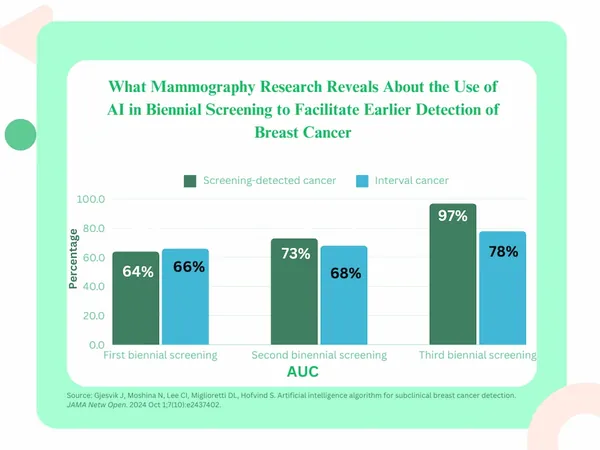
Surviving the Crisis: How Sex Workers in Congo are Coping with the Mpox Outbreak
2024-10-02
KAMITUGA, Congo (AP) – Four months post-recovery from mpox, sex worker Sifa Kunguja, 40, faces a daunting reality.
With clients retreating due to fear and stigma around the virus, Kunguja struggles to support her 11 children. “It’s risky work,” she shared from her modest home in eastern Congo, “but if I don’t work, I won’t have money for my children.”
The Economic Context
Kamituga is home to an estimated 40,000 sex workers, primarily single mothers driven by poverty to this mineral-rich hub fueled by gold mining. A staggering 80% of mpox cases in the area are linked to sexual contact, igniting further concerns over the health and livelihoods of sex workers.
Despite the risks, Kunguja and her colleagues feel compelled to continue their work. In Congo, while sex work itself isn't illegal, associated activities like solicitation can expose them to legal risks. Furthermore, the pervasive violence against sex workers, including high rates of rape, complicates their pursuit of medical care—a concerning reality in the context of a public health crisis.
Local health officials express their intention to close nightclubs and mines and to provide compensation to sex workers, but resource constraints persist. Mayor Alexandre Bundya M’pila shared that though awareness campaigns are underway, financial support is lacking, and he suggested sex workers seek alternative employment without offering feasible options.
The Impacts of Mpox
As the mpox outbreak continues, the consequences for sex workers are increasingly severe. Those who contract the virus experience not only physical pain—such as painful lesions that can hinder mobility—but also social stigma that can endanger their livelihood.
Kunguja recounted her struggles after falling ill in May, detailing how her client base dwindled from 20 per day to only five. “People whisper and point,” she lamented. This stigma has profound implications; it hampers recovery and diminishes the already limited economic options available to these women.
Health experts emphasize that information and awareness are critical to combating the virus's spread. Although 250,000 vaccines have arrived in Congo, distribution to areas like Kamituga remains uncertain. The focus is on sex workers and miners, yet many still lack access to basic protection like condoms, which complicates the situation further.
Dr. Guy Mukari from the National Institute of Biomedical Research in Congo explained that the current variant of mpox appears to be more easily transmitted through sexual contact, exacerbating the crisis for sex workers.
Organizations are working tirelessly to promote safer practices, encouraging condom use during transactions. However, many sex workers admit that despite their efforts to insist on condom use, they often don't have enough supplies, with health facilities providing limited provisions.
Addressing the Broader Context
There is also an urgent need to improve awareness and safety measures in local mines, which often lack basic hygiene infrastructure, exacerbating the crisis. Infected miners contribute to the risk of spreading the virus through unsanitary practices.
As conversations around the mpox outbreak become increasingly urgent, the call for inclusive strategies involving sex worker organizations grows louder. Human rights advocates argue that sex workers must play a role in crafting outreach programs to ensure their unique perspectives are considered in public health strategies.
Kunguja's plea is clear: she desires government support to help sustain her income and reduce the risks she faces. Until then, despite the dangers posed by both the virus and societal stigma, she—and many like her—has little choice but to fight for survival in the face of an ongoing health crisis.









 Brasil (PT)
Brasil (PT)
 Canada (EN)
Canada (EN)
 Chile (ES)
Chile (ES)
 España (ES)
España (ES)
 France (FR)
France (FR)
 Hong Kong (EN)
Hong Kong (EN)
 Italia (IT)
Italia (IT)
 日本 (JA)
日本 (JA)
 Magyarország (HU)
Magyarország (HU)
 Norge (NO)
Norge (NO)
 Polska (PL)
Polska (PL)
 Schweiz (DE)
Schweiz (DE)
 Singapore (EN)
Singapore (EN)
 Sverige (SV)
Sverige (SV)
 Suomi (FI)
Suomi (FI)
 Türkiye (TR)
Türkiye (TR)